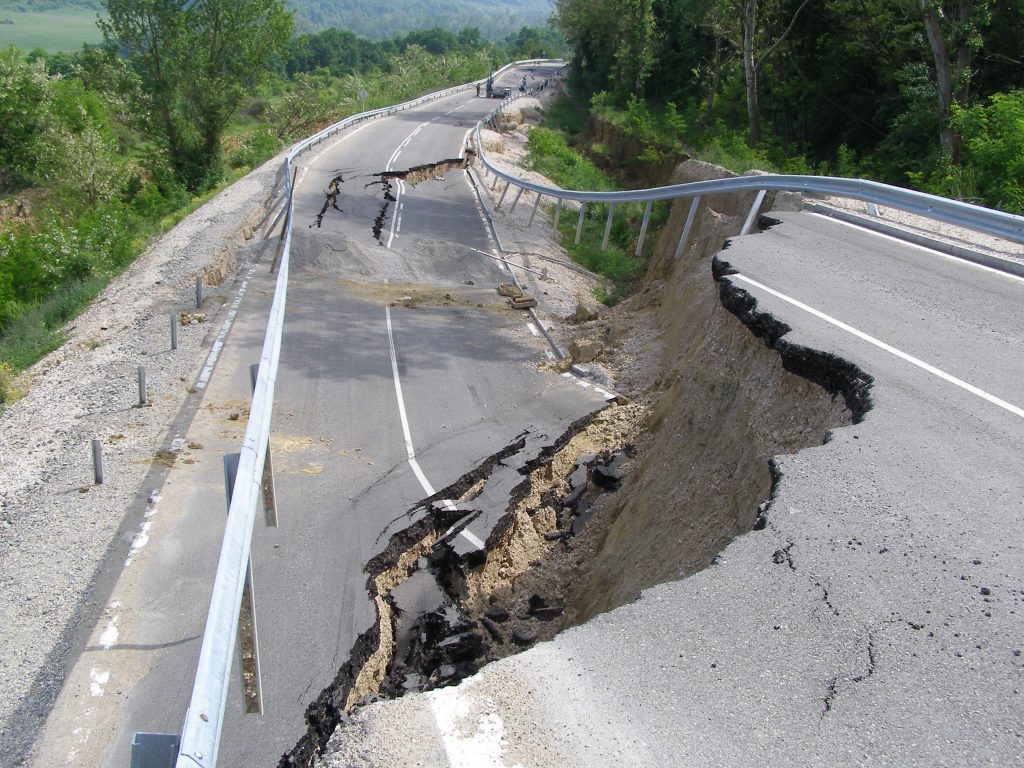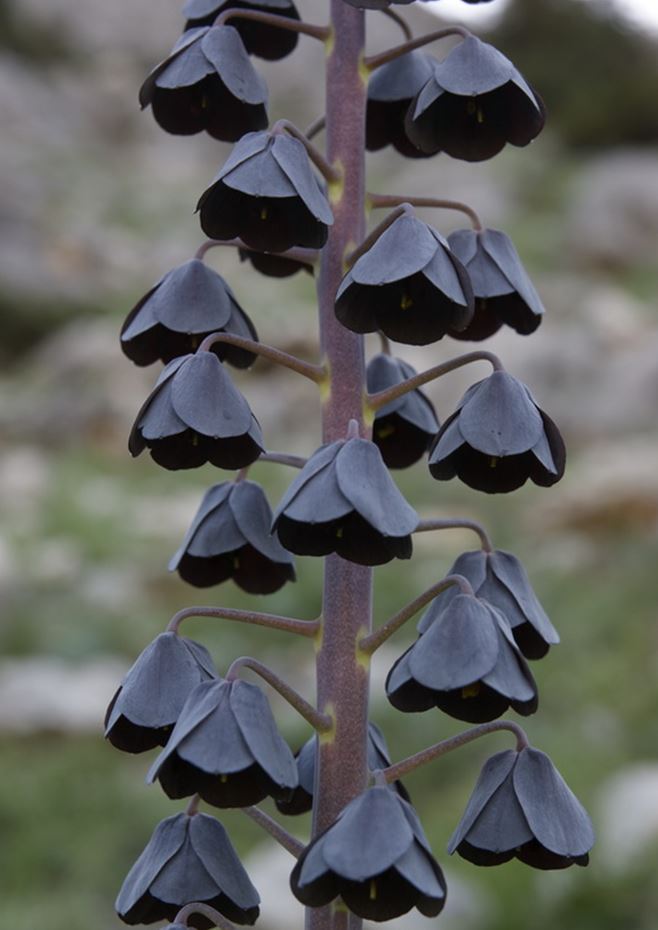Reading these poems by David Dodd Lee is to enter a world that is both comfortingly familiar and disconcertingly strange. That is, to read them is to (re) enter the world where the “far-faraway [has] become suddenly personal” and the dream-like quality of experience is all we have to help us on our way…

by: David Dodd Lee
THE OVERLAY
(after Joe Bolton’s “Days of Summers Gone”)
If mangle’s an okay cup of desperation for what simply repeats itself,
it’s been a rough road to grind;
this getting a bit out front of everything only to look back
at the dark explosions where there was never any comfort,
this one way to harangue the truth into view—
the truth or everyone and everybody’s brothers’ and sisters’
misperceptions of the truth;
like when I was looking at a cereal box after many years
of not noticing cereal, itself or containers of same,
and so thought to myself
I’m eating at the behest of a cartoon
character, which reminds me that children love monkeys
but that I don’t especially like monkeys very much;
and the next thing you know I’m at the Potawatomi Zoo
in South Bend, Indiana, watching a squirrel monkey
shake its wizened, worried face. And it’s very disconcerting.
Because it looks like my mother wearing a bonnet, for one thing.
She’d sometimes float into my room shouldering her many concerns,
the centipedes on the walls doing The Wave as if to encourage her,
their legs moving like too many hands opening their fingers.
Where the boat rested the water was now all churned up,
and the crazy misapplied lipstick made a mess of her lips;
then her head would align with the face of the moon outside the window,
and in a voice like wood or rocks, both of them
would begin speaking. I considered the possibility that the moon
was simply my father and that they were arguing again—
he was the “man in the moon”—
but also at certain moments I was aware that one or the other
of their rather over-lit faces hovered just under the surface
of the silver water that was the bathroom mirror—
and that at certain points their two faces would seem to merge in the mirror
and get stuck there, vibrating on top of one another—
like the moon and my mother’s face were the same side of a coin—
and it was nearly impossible to tell them apart, dust from the plaster of the ceiling falling down
in the hallway, their mouths still moving but now with nothing coming out . . .
Late into the night one might commandeer to check and see if the mirror were empty
but the one large superimposed face had simply become trapped inside the bedroom . . .
I’d see flashes of color against windows and in doorways
because the voices, though silent, had suddenly turned visible;
you could feel and see what was said like someone coming up the driveway on fire.
I would sometimes sink into the water then—I would will this to happen—
where large gars were huddled around my bed, finning. And I think of that ice-cold
surround now, as I watch through glass the face of this creature—so much
like a tiny human—how its features have exploded into frenzy like some lost planet
turned meteorite, as if such a transcription were ordinary, the far-faraway become suddenly
personal, because that’s exactly what’s happening in the face of this scowling primate
in what is purportedly now just the present, where what remains of the past
is simply an absence collapsing in on itself in space, if not memory.
IT’S WHAT YOU DO WITH WHAT YOU’VE BEEN GIVEN
“Can you give me $5,000 to go to Italy?” The horn-rimmed glasses
soaked up the world. She was perfect, a little human clutching onto
a drawing
pencil. He pictured experience building inside her, like the experience
residing in his own shaded dealings, the client worried about the
days in the future spent drinking orange juice in the South Carolina
sunshine. Paddle
boats made him think of people with nothing better to do. First
she drew a cobbled set of possessions on something that might be
a Persian rug, but in the same instant the TV & ironing board were
sucked down
into the inner earth. Does it matter if what you do is part & parcel
of your thoughts as they arrive, chemical reactions, the tendons
relaxing under orders of the eye—the long thin line of a bird in a
palm tree
unloosed across rough paper? He thought better of his daughter after
massaging the alabaster for over an hour. We’re soft, & do soft things,
unpredictably interesting, but like stone we are hard, do what’s implacably
determined for
us since birth. Our freedoms are not easy, he thought, such cold constancy.
David Dodd Lee is the author of ten full-length books of poems & a chapbook, including Downsides of Fish Culture (New Issues Press, 1997), Arrow Pointing North (Four Way Books, 2002), Abrupt Rural (New Issues Press, 2004), The Nervous Filaments (Four Way Books, 2010) Orphan, Indiana (University of Akron Press, 2010), Sky Booths in the Breath Somewhere, the Ashbery Erasure Poems (BlaxeVox, 2010), Animalities (Four Way Books, 2014), & And Other’s, Vaguer Presences, a second book of Ashbery erasure poems. He has published fiction in many literary magazines, & is currently making final edits on Flood, a novel. He is also a painter, collage artist, and a photographer. Since 2014 he has been featured in three one person exhibitions, mixing collage & poetry texts into single improvisational art works. Recent artwork has appeared in Tupelo Quarterly, The Hunger, The Rumpus, and Twyckenham Notes. In 2016 he began making sculpture, most of which he installs on various public lands, surreptitiously. Unlucky Animals, a book of collages, original poems, erasures, and dictionary sonnets is forthcoming in 2019. Lee is Editor-in-Chief of 42 Miles Press.





